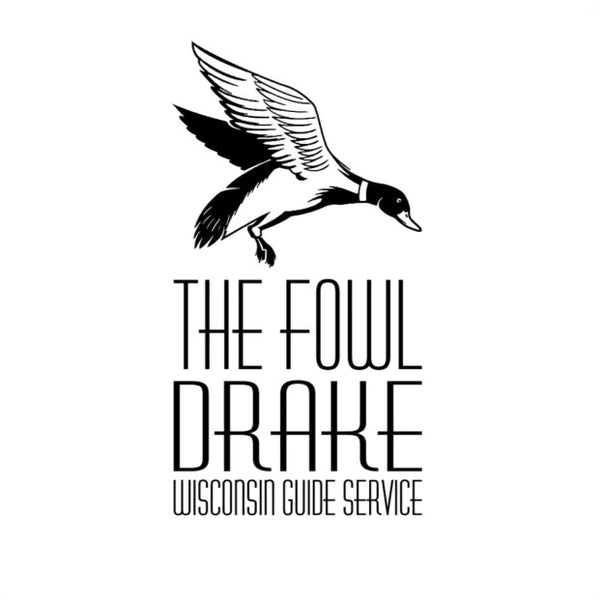Introduction
Waterfowl hunting is a popular and exciting activity for many hunters. However, finding the right location and securing permission to hunt on private land can be challenging. In this blog post, we will discuss some tips for scouting waterfowl and getting permission to hunt on private land.
Scouting for Waterfowl
The first step in successful waterfowl hunting is scouting for the birds. The best time to scout for waterfowl is early in the morning or late in the evening, as this is when they are most active. Look for areas with water such as ponds, lakes, rivers, and marshes. You can also use binoculars or a spotting scope to identify the species of birds present in the area.
Another important factor to consider when scouting for waterfowl is the type of habitat in the area. Different species of ducks and geese prefer different types of habitat. For example, mallards prefer shallow water with vegetation, while Canada geese prefer open fields near water. Understanding the habitat preferences of different species will help you to identify the best areas to hunt.
Getting Permission on Private Land
Once you have identified a promising area for waterfowl hunting, the next step is to secure permission to hunt on private land. It is important to approach landowners with respect and courtesy. Explain your intentions and your experience as a hunter. Offer to share your harvest with the landowner as a sign of gratitude.
You can also offer to help with chores such as fence repair or other odd jobs as a way of building a positive relationship with the landowner. Remember to always follow the landowner's rules and regulations, and to leave the property in better condition than you found it.
Another option for securing access to private land is to join a hunting club. Many hunting clubs lease private land and offer members access to these properties. This can be a great way to gain access to high-quality hunting areas while also building relationships with other hunters.
Conclusion
Scouting for waterfowl and securing permission to hunt on private land can be a challenging but rewarding experience. By following these tips and approaching landowners with respect and courtesy, hunters can increase their chances of success and build positive relationships with landowners. Remember to always be responsible and ethical in your hunting practices, and to leave the land in better condition than you found it. Happy hunting!

